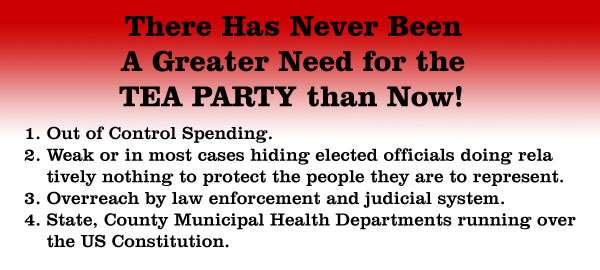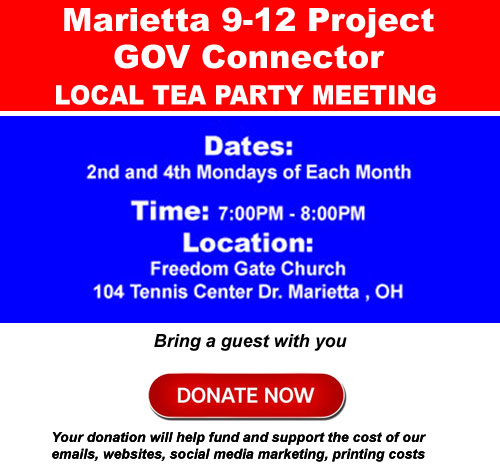Published Thursday, July 23, 2020
Auburntownship. org
CLEVELAND, Ohio – In the hours following the arrest of one of the most powerful political leaders in the Ohio Statehouse, the whispers began filtering across the state.
They gained momentum after residents heard how Speaker of the House Larry Householder and four members of his inner circle were accused of engineering the $60 million bribery scheme involving FirstEnergy Corp. and its billion-dollar bailout that Householder guided past lawmakers.
Authorities called the investigation time-consuming, and an FBI affidavit filed in U.S. District Court in Cincinnati hinted that the agency had heard Householder’s recorded voice in January 2018. And the day before the vote, an agent interviewed an unidentified state legislator about Householder.
That led some to raise a fundamental question: If authorities were examining how the democratic process was about to be trampled, did the FBI and federal prosecutors have an obligation or a duty to stop the vote in the House?
“That’s a challenging question, an important question,” said Ned Hill, a professor of economic development at Ohio State University, who testified against the bailout, commonly known as House Bill 6, several times.
“I was so fixated on how much this would harm Ohio, particularly Northeast Ohio, that anything that would have stopped that bill would have been welcome. But I can’t cast aspersions against the FBI.”
Federal authorities told reporters Tuesday that they didn’t move sooner because they needed to build a stronger case against what they called “the Householder Enterprise.”
The members of that group – former Ohio GOP Chairman Matt Borges, Householder aide Jeff Longstreth and lobbyiests Neil Clark and Juan Cespedes – also were charged with racketeering. They were released on personal bonds.
FirstEnergy has not been charged as of Thursday. It released a statement that said it was reviewing the allegations, and it had no comment.
The investigation is a complex one, and it continues, David DeVillers, the U.S. attorney for southern Ohio, told reporters at a press conference. He also said that authorities did not want to tip off others under investigation.
Federal agents are expected to file subpoenas in the next few weeks seeking documents from a variety of sources.
“You’ll see from the affidavit, yes, there are some recordings and some monitoring, but that had to be corroborated,” DeVillers told reporters.
“So, we are still getting these documents that we have to go through. A lot of it is bank accounts, bank records, financial transactions – millions, and I literally mean millions, of pages of it.”
Many, including Catherine Turcer of the government watchdog group Common Cause Ohio, said they could understand that.
“It is a really easy question: Why wouldn’t they do something?” Turcer said. “But I think hindsight is 20/20, and bribery is very hard to prove. It takes a lot of time to prove.
“It would have been good if we had stopped this way before a vote, but I realize why that didn’t happen.”
To prosecutors, the decision to step in during an investigation and make it public is more plausible in some cases than in others.
“The challenge of deciding when to interrupt an ongoing criminal conspiracy is particularly acute when the crimes threaten public health and safety, as opposed to when the crimes divert public funds,” said Geoffrey Mearns, the president of Ball State University and a longtime defense attorney in Cleveland and former federal prosecutor.
Gregory White agreed.
White is a former Lorain County prosecutor who became the U.S. attorney for northern Ohio during the 2000s. He later served as a magistrate judge in U.S. District Court in Cleveland.
“Unless it is a matter of life and death, it would be totally unrealistic for the FBI to step in [before the vote],” White said. “How would they stop it? Who would they go to? You have to understand that these are complex investigations.”
J. Dean Carro, a retired professor at the University of Akron School of Law, said public corruption investigations take months, and they “only become obvious at the end.”
“It’s like trying to put together a jigsaw puzzle without a picture on the box,” Carro said. “It’s not like a robbery investigation. If [agents] are sitting in a car, and they see a guy about to walk into a bank with a gun, then, yes, they stop it.
“But from reading the [FBI affidavit], you can tell this was an incredibly time-consuming piece of work.”
‘We’re expecting big things’
The FBI affidavit suggests that it was looking into Householder as early as 2018.
The FBI affidavit cited a recorded conversation in which lobbyist Neil Clark and Householder discussed the account known as Generation Now, a nonprofit that the IRS deems for social welfare. The account, which had nothing to do with social welfare, accepted more than $60 million in bribes from FirstEnergy over three years.
In January 2018, Clark and Householder discussed campaign donations funneled through the Generation Now account, including money from nursing homes and payday lenders, two groups that Clark worked for as a lobbyist, according to the affidavit.
“Now switching gears,” Householder said in the recorded conversation. “So we are looking at payday lenders, and we are expecting big things in [Generation Now] from payday lenders.”
It is unclear why authorities caught the men on tape and whether a wiretap was used. A footnote explaining the conversation was redacted.
Fourteen months later, FBI agent Blane Wetzel met the unidentified state representative for an interview. During the agent’s interview, Householder texted the officeholder.
“I really need you to vote yes on House Bill 6,” the FBI affidavit quoted Householder. “It means a lot to me. Can I count on you?”
The state representative refused.
“I just want you to remember – when I needed you – you weren’t there. Twice,” Householder texted, according to the affidavit.
Based on that, did the FBI have an obligation to go forward and tell the public about what it knew the day before the vote?
Ann Rowland, the retired federal prosecutor who led the Cuyahoga County corruption case, said from her reading of the affidavit, authorities made the correct decision.
“In any investigation, the FBI and prosecutors must weigh two competing factors in deciding when to go public with criminal allegations,” Rowland said. “On the one hand, they want to keep the investigation secret long enough to collect sufficient evidence to obtain a conviction – to prove guilt beyond a reasonable doubt.
“On the other hand, they want to protect the public from harm – in this case a vote of the Ohio House based on bribery and not on the best interest of the public.”
She stressed that the FBI affidavit does not mention whether the state representative knew anything about the money that flowed to Householder.
“Proving money flowed through multiple intermediaries from FirstEnergy to Householder, in this case, would have taken many grand jury subpoenas to a large number of financial institutions,” Rowland said. “That doesn’t happen overnight.
“Indeed, the FBI and the U.S. Attorney’s office appear to have accomplished the financial investigation in record time.”


